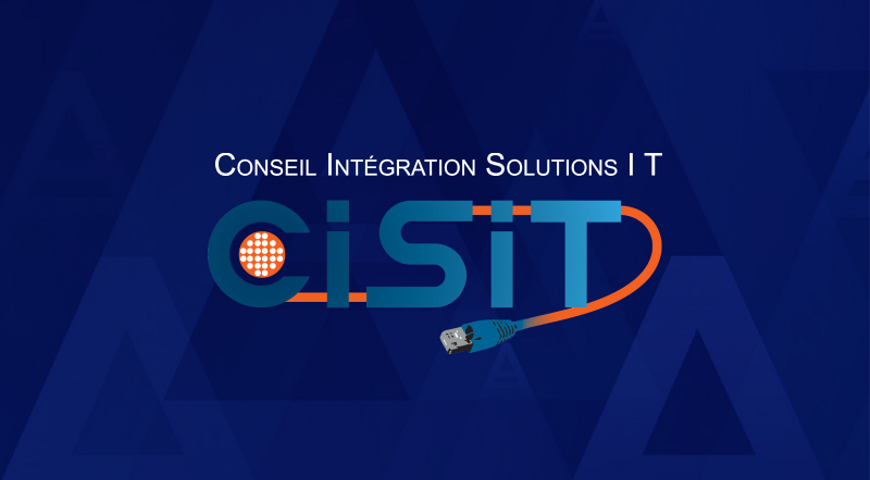
By Ronan McCurtin, Vice President, Europe, Türkiye and Israel, Acronis
There is a well-known quote in the marketing world: “The riches are in the niches.” That phrase underscores a specialization's value to MSPs, including more opportunities for profitability and growth.
IT service providers that serve a particular industry typically have fewer competitors since they stand apart from the crowd. That translates to more potential revenue, higher margins, greater market share and an overabundance of other advantages for MSPs. A vertical specialty separates the experts from other service providers, especially regarding cybersecurity and compliance.
According to the FBI, cybercrime has risen more than 300% since 2020. With nearly every industry accelerating digital transformations, businesses must embrace new security solutions, and most need MSPs with specialized expertise in protecting their types of organizations.
Because of the dramatic increase in online criminal activity, as well as the growth of cloud applications and remote work, IT security is now one of the fastest-growing segments of technology. As more companies look to invest in safeguarding their mission-critical data, there is an increased demand for highly skilled experts, especially in key verticals. That trend creates a significant growth opportunity and a crucial advantage for MSPs looking to build their expertise, reputations and revenue.
SMBs looking for outside IT support typically seek services providers that understand their specific business needs. That’s why many MSPs adopt vertical specializations.
A strong focus drives revenue
Business owners often get stuck believing they need to be all things to everyone to generate greater sales and profits. However, that mindset tends to pull MSPs in many different directions, requiring providers to offer and support larger product and services portfolios and to gain expertise in many new areas.
Some IT firms have no other choice. Many MSPs start out by taking any business opportunity that comes their way to pay the bills while they scale their operations. In areas with fewer potential clients and growth opportunities, the options for new providers can be similarly limited.
When possible, focusing on a specialty or specific market will increase prospects and margins. Like visiting a cardiologist for a heart condition rather than a general practitioner, those with particular expertise are more highly valued by those relying on that training and knowledge to survive.
Cybersecurity is a great example. MSPs specializing in the healthcare industry must understand those organizations' specific compliance and protection needs. Vertical specializations demonstrate dedication to that specific market or industry’s technologies and the other issues those clients need to deal with every day.
Get started on a vertical journey
The best way to begin building a specialization is by identifying the industries at most risk for cyberattacks. Some of those target businesses include:
- Medical/dental offices
- Regional banks/ credit unions
- Law firms
- Municipalities
- Education
- Energy/utilities
Build on current strengths
Creating a niche or vertical specialization in an industry an MSP already supports gives the firm a competitive edge because of its team’s experience with specific issues and opportunities for these businesses. These companies can be the foundation of a new practice, and the recommendations of current clients will carry more weight with prospects having similar operations.
Knowing how to address critical pain points such as compliance with state and federal regulations and laws, industry-specific standards, and unique services and features is a differentiator. Marketing and sales can leverage these strengths to attract more interest and land new contracts.
Identify complementary applications
Every industry has market-specific tools and solutions. For example, doctor's offices often use electronic medical records (EMR) platforms to manage patient information and automate clinical workflows. Other integrative tools that help with transcriptions, prescription ordering, insurance submissions, billing and other office activities are highly valuable.
Healthcare clients also require robust security applications to protect highly-sensitive patient data and meet compliance requirements without disrupting critical medical and business processes. Therefore, MSPs must understand workflow and risks and implement systems to protect medical information.
Seek specialized vendor partners
Developing strategic relationships with key industry suppliers can lower the learning curve for MSPs and augment the development of new practices. These partnerships create greater domain expertise, improve design and implementation, and provide collaborative support strategies for vertical market customers.
Develop a focused marketing approach
After creating a vertical practice, MSPs must build a plan for marketing, sales, events and other activities to generate new revenue opportunities. Providers can leverage vendor partners to locate and develop those resources and refine specific messaging for playbooks and outreach campaigns in many niches. Marketing initiatives typically include social media, public relations, event sponsorships, blogs, newsletters, webinars and other activities.
Advanced cybersecurity solutions and compliance should be a major focus. By focusing on a particular market or specialty, IT service providers can make highly-specific pitches related to the risks and tools those businesses care about most.
Team up with a cybersecurity partner with years of experience helping MSPs tap into new vertical specialties. Contact Acronis today to discuss our advanced protection solutions for SMBs and the IT providers that manage their systems.
About Acronis
A Swiss company founded in Singapore in 2003, Acronis has 15 offices worldwide and employees in 50+ countries. Acronis Cyber Protect Cloud is available in 26 languages in 150 countries and is used by over 21,000 service providers to protect over 750,000 businesses.



